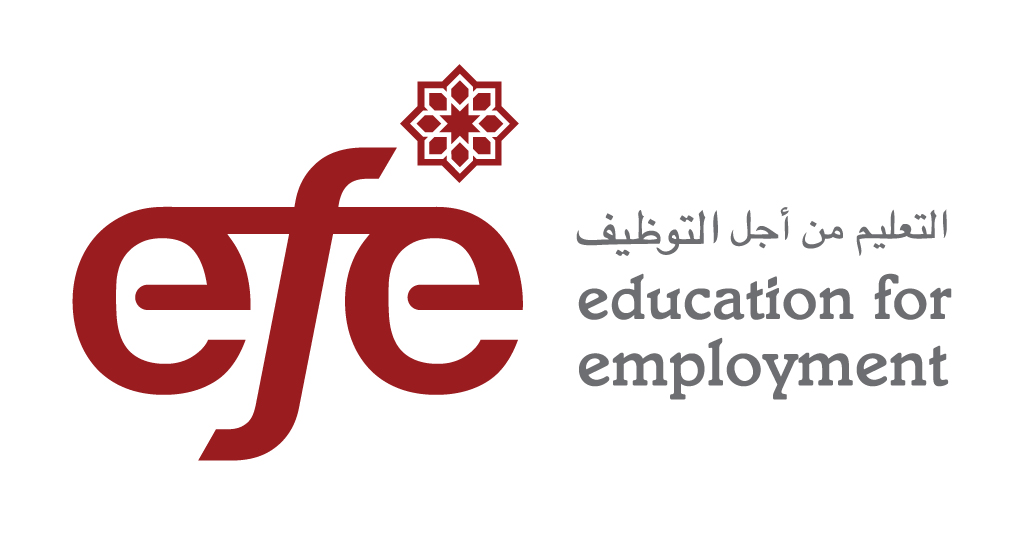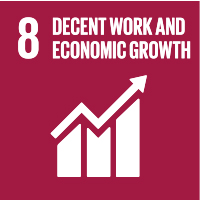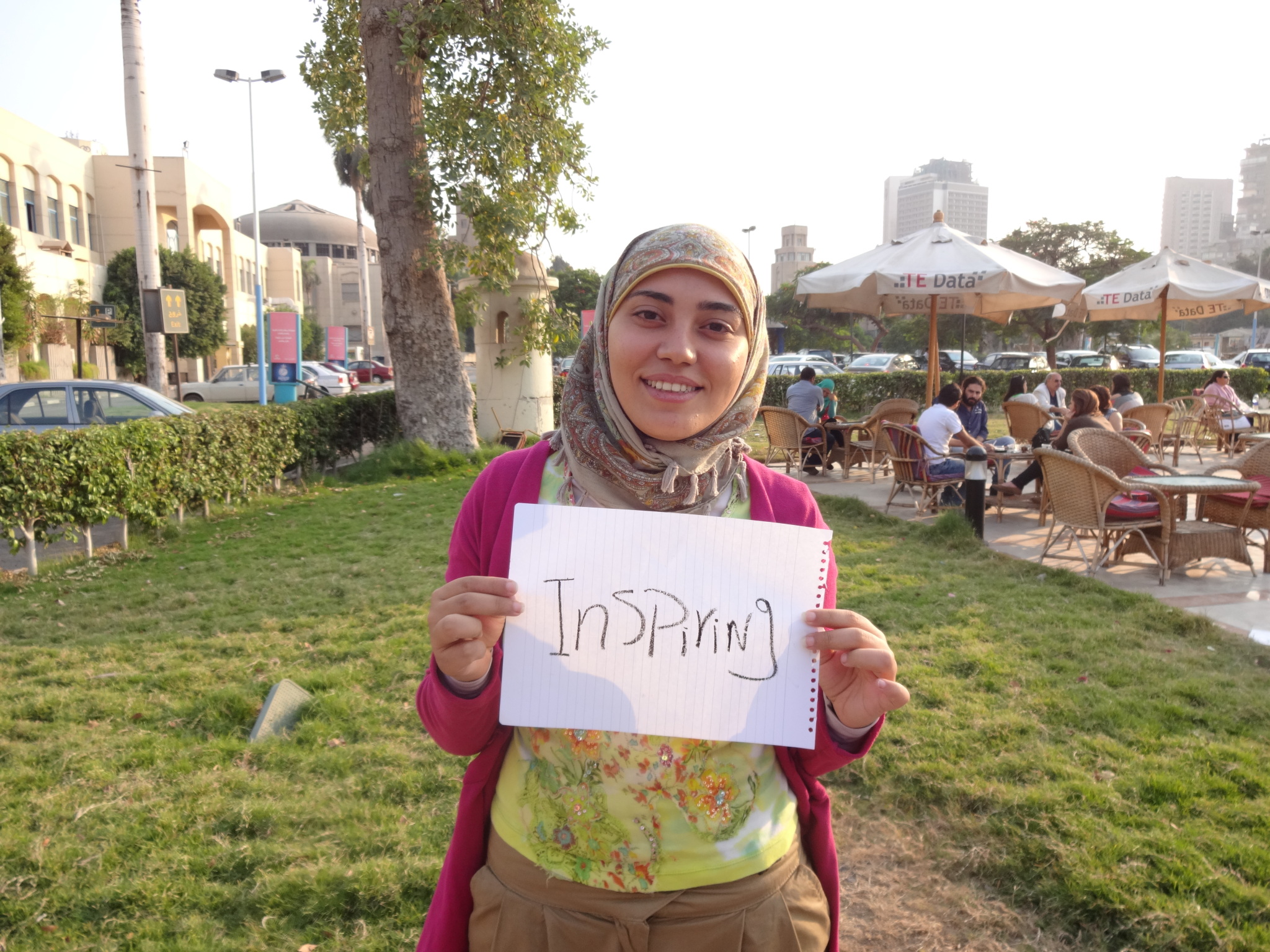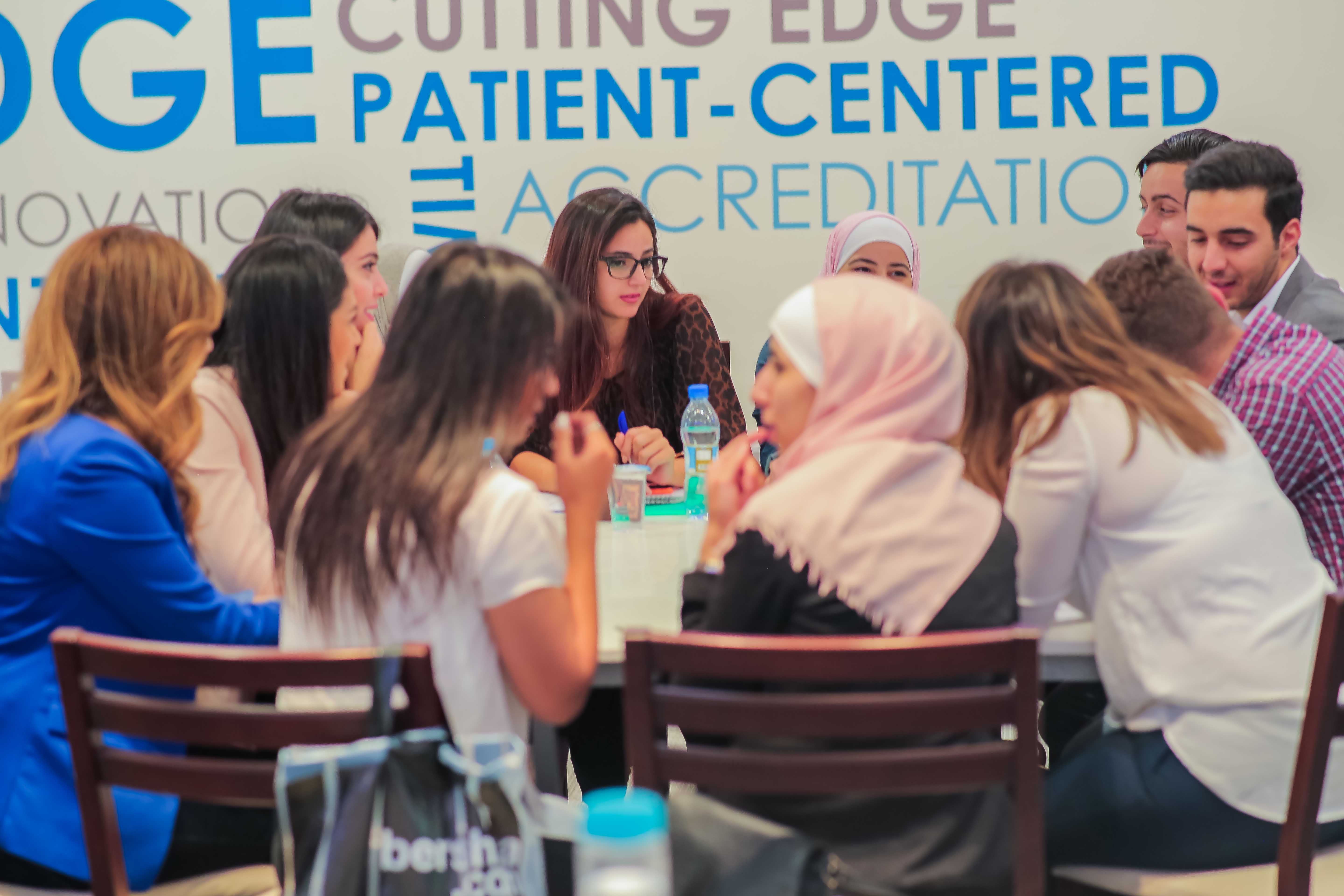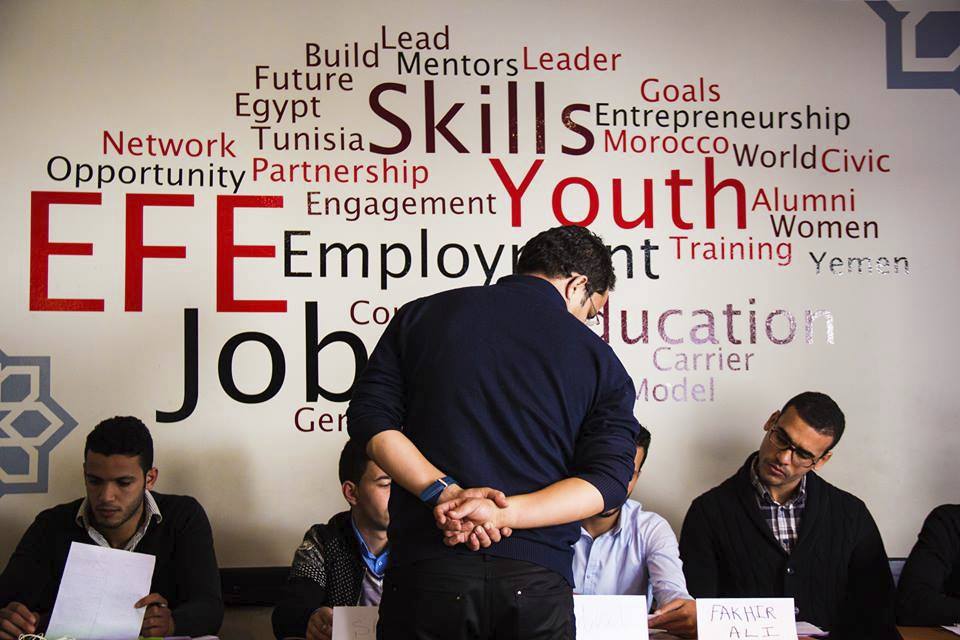USD 25,000,000
Estimated total value of the commitment
113,392
young people to benefit directly from this commitment
Challenges faced in implementation
In all countries, one of the main challenges faced by EFE relates to the several Covid-19 waves and concomitant lockdowns and restrictions to in-person gatherings and travel, particularly during 2020 and 2021. During 2020, EFE successfully pivoted to online and at-distance learning, and created a new proprietary Learning Management System (LMS), which includes custom configurations, integration with EFE's Student Management System (SMS) on Salesforce, and deployment for all EFE Affiliates. The website and course materials are available in all three of EFE's target languages (English, French, and Arabic), a critical component in ensuring the accessibility for EFE participants. Inside each course, participants can have access to a variety of interactive materials to support their learning journey in addition to live course instruction provided by certified EFE trainers. EFE is currently providing training and job matching services to youth online, in-person, or in a blended format.
